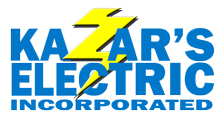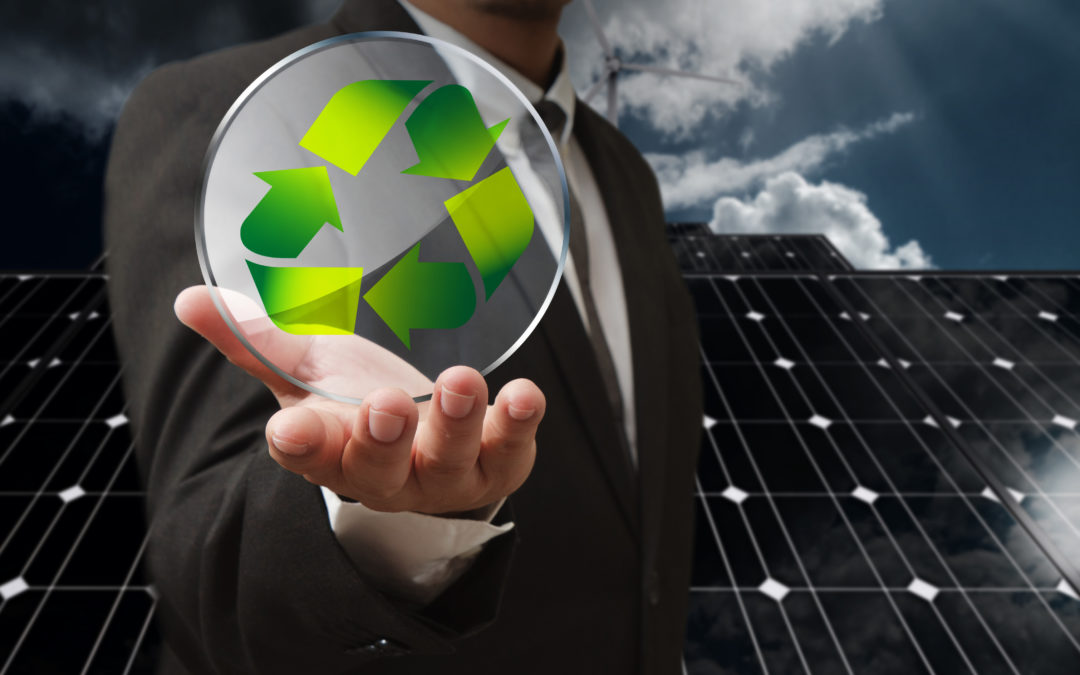Energy efficiency improvements save money and impact the environment positively by reducing emissions and lessening the cost of power generation and distribution. The majority of private and public stakeholders are increasingly aware of the benefits of energy efficiency, which has resulted in an increase in energy efficiency jobs. According to the NRDC, energy efficiency, today employs over 2.2 million Americans.
Energy efficiency jobs are important since professionals in these roles devise cost-effective methods to meet growing energy needs while reducing the release of environmentally harmful greenhouse gases. Energy efficiency jobs are important for the following reasons.
- Economic Benefits: By improving energy efficiency, energy efficiency professionals lower individual utility bills, stimulate optimal economic conditions for the creation of jobs, and help stabilize electricity prices by preventing volatility.
- Environmental Benefits: Increased efficiency helps reduce greenhouse emissions and other pollutants, in addition to optimizing water use.
- Risk Management: Energy efficiency also helps diversify utility resource portfolios and can be a hedge against uncertainty associated with fluctuating fuel prices. Additionally, it prevents extreme reliance on a single energy source.
- Utility System Benefits: Long-term benefits from energy efficiency include decreased total electricity consumption, which reduces the need for new electricity generating and transmission facilities.
Impact of Energy Efficiency Jobs
Since energy usage is ubiquitous and cuts across every stratum of the country, energy efficiency jobs can positively impact different entities, from governmental and non-governmental institutions to residential homes and corporate organizations. The links between these institutions and energy efficiency are examined below:
Local Governments
In a local government’s yearly operational budget, energy expenses are usually a substantial line item. Local governments can save a lot of money on energy by investing in energy efficiency improvements in their facilities.
Residential Homes
Assisting homeowners in improving their houses’ energy efficiency can be an efficient technique for lowering energy consumption. Households may also save money, increase their comfort, and lessen their carbon footprint.
Water and Wastewater Corporations
In most municipalities, water and wastewater facilities are the main energy consumers. Water and wastewater treatment facilities can cut energy costs and boost treatment efficiency by improving the energy efficiency of their equipment and operations.
To summarize, energy efficiency improvements provide considerable advantages and should be adopted by all sectors of society. If you are interested in increasing energy efficiency in your home or business, contact us today to work with a skilled electrical contractor!

